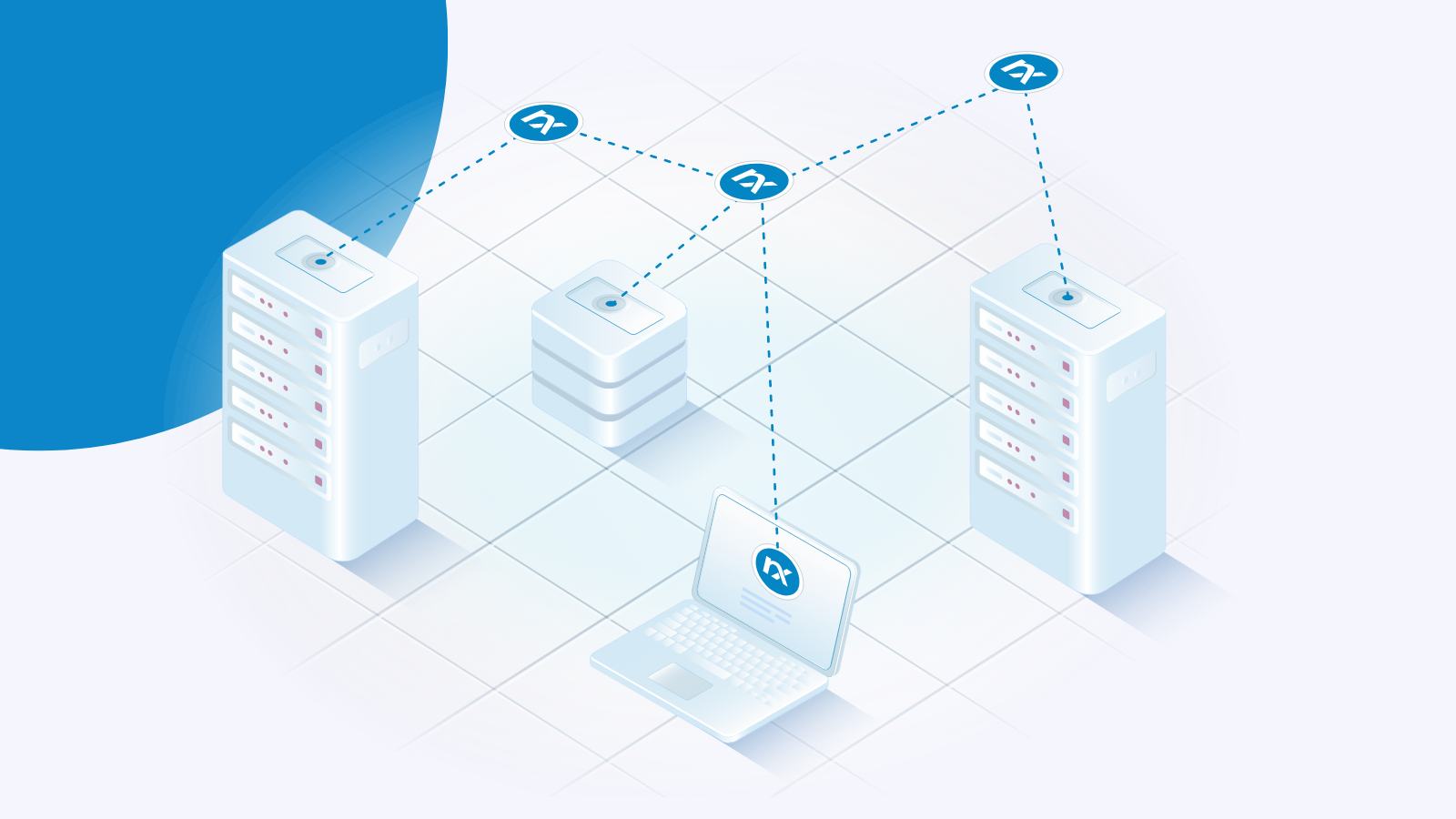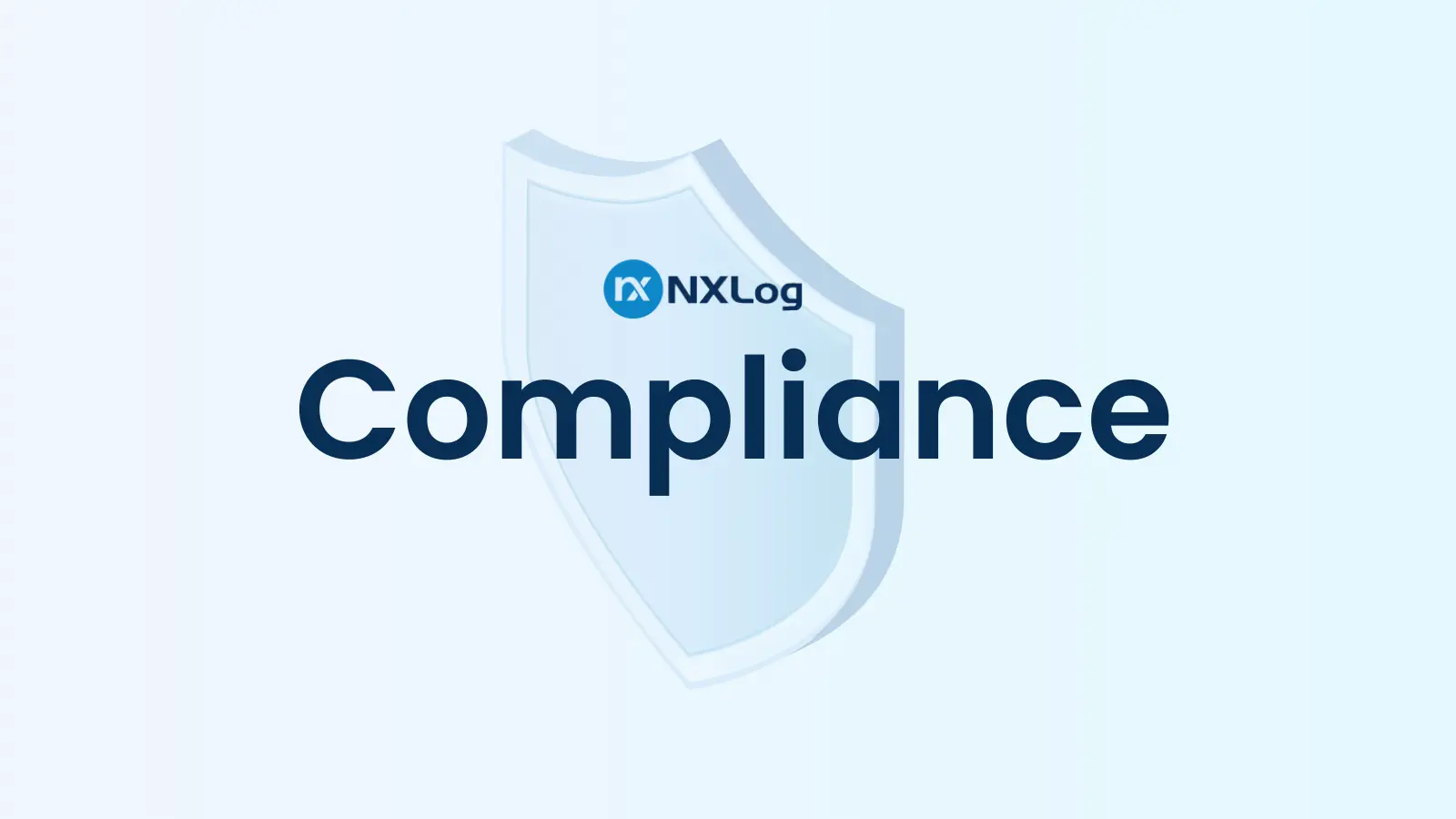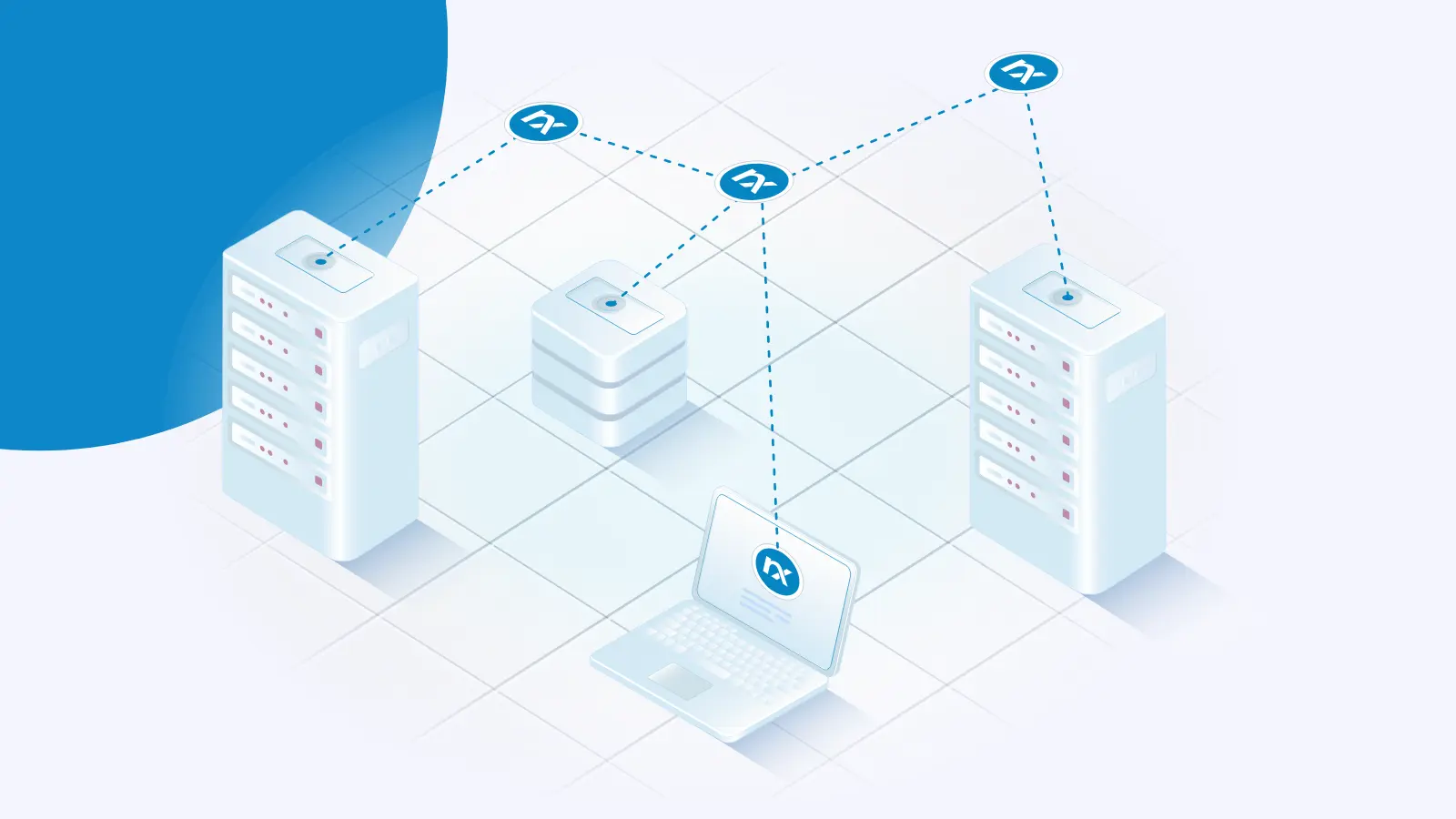log collection | cybersecurity
Ingesting log data from Debian UFW to Loki and Grafana
log collection | compliance | security | security risk | it security
Assertive compliance - using frameworks to extend your coverage
log collection | dns logs | windows dns logs | dns | windows
The disappearing Windows DNS debug log
security logging | windows logs | log collection
Security logging on Windows - beyond 4625
log collection | dhcp server | audit log | windows event log | etw
Collecting DHCP server logs on Windows
kubernetes | log collection | container | kubernetes logs | integration
Collecting Kubernetes logs with NXLog
log file | log collection
File-based logs? Yes, they're still being used!
windows logs | security logs | windows | log collection
Top 5 Windows Security logs everyone should collect
windows event log | windows | log collection
Windows Event Log collection in a nutshell
log collection | modbus | siem | python | ics | network protocols | integration
Flexible, cloud-backed Modbus/TCP log collection with NXLog and Python
windows logs | wef | wec | linux | log collection
Setting up a Windows Event Collector (WEC) on Linux
log collection | dns | dns logs
DNS Log Collection and Parsing
log collection | dns logs | windows dns logs | dns | windows
DNS Log Collection on Windows
log collection | dns | dns logs | linux dns logs | bind dns logs | linux
DNS Log Collection on Linux
fim | log collection
What is File Integrity Monitoring (FIM)? Why do you need it?
agent-based | agentless | log collection





